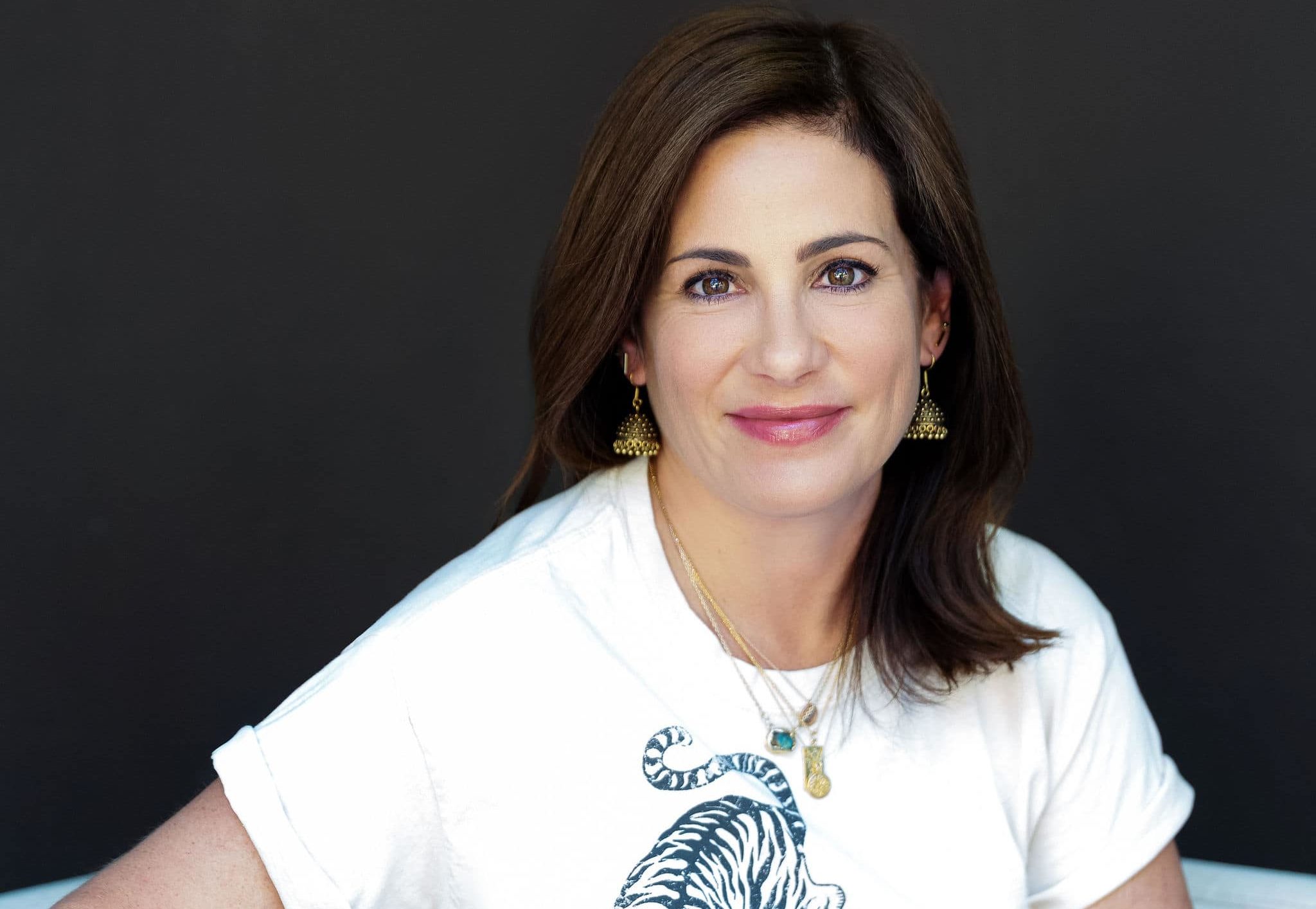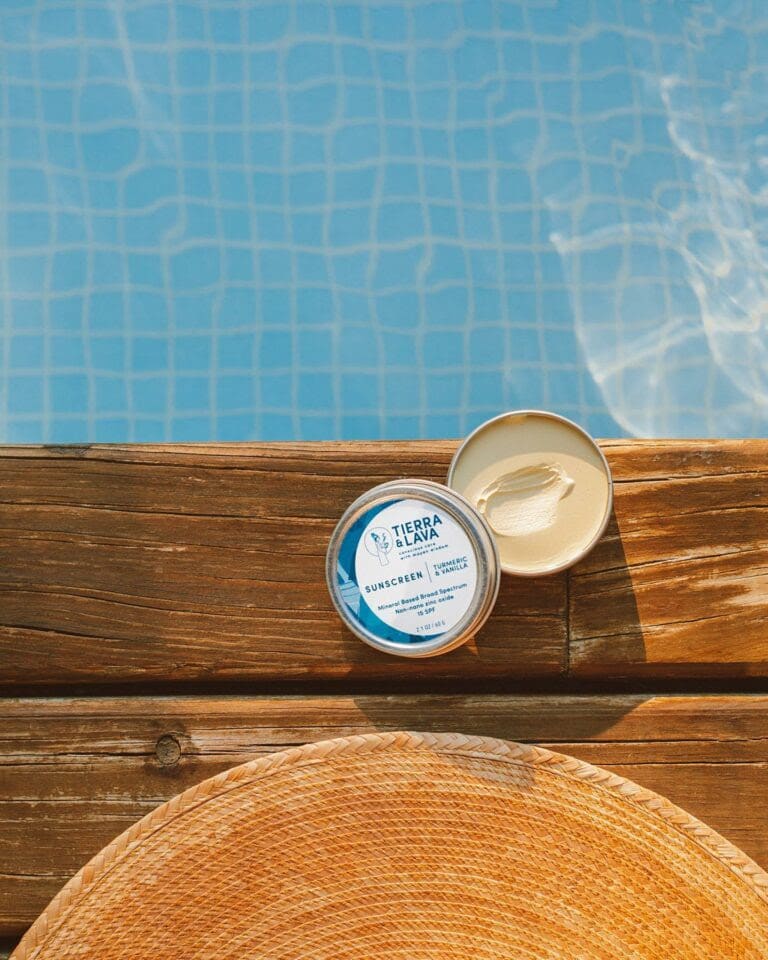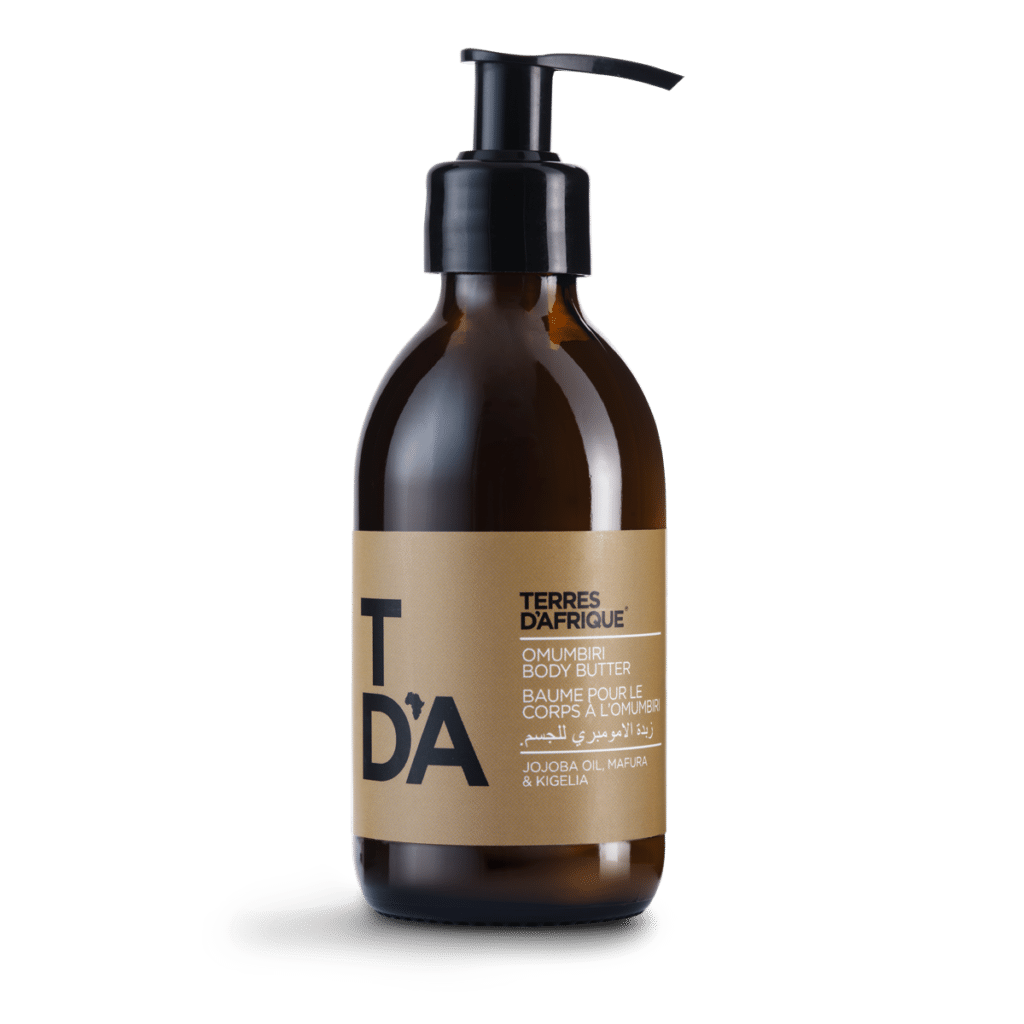The pandemic was one of the first times many of us felt the world coming together. Seeing everyone fighting the same beast made our planet feel small and strangely connected. For longtime beauty PR professional and former teen magazine beauty editor, Robin Tolkan-Doyle, the experience made her want to fuel that connection even more. “I can say that this period of time truly changed the way I think about a lot of things in life now, especially in my professional career. Life is short and I want to make an impact with the work I do.”
So Robin leveraged her experience in the beauty industry and launched, Beautyologie, a website with the goal of inspiring and educating beauty consumers about where their beauty products come from, how they’re sourced and who produces them. It also supports and empowers those behind the scenes who don’t have the resources or power to do it themselves. We spoke with Robin about this new venture and how she hopes to use it as a vehicle for social change.
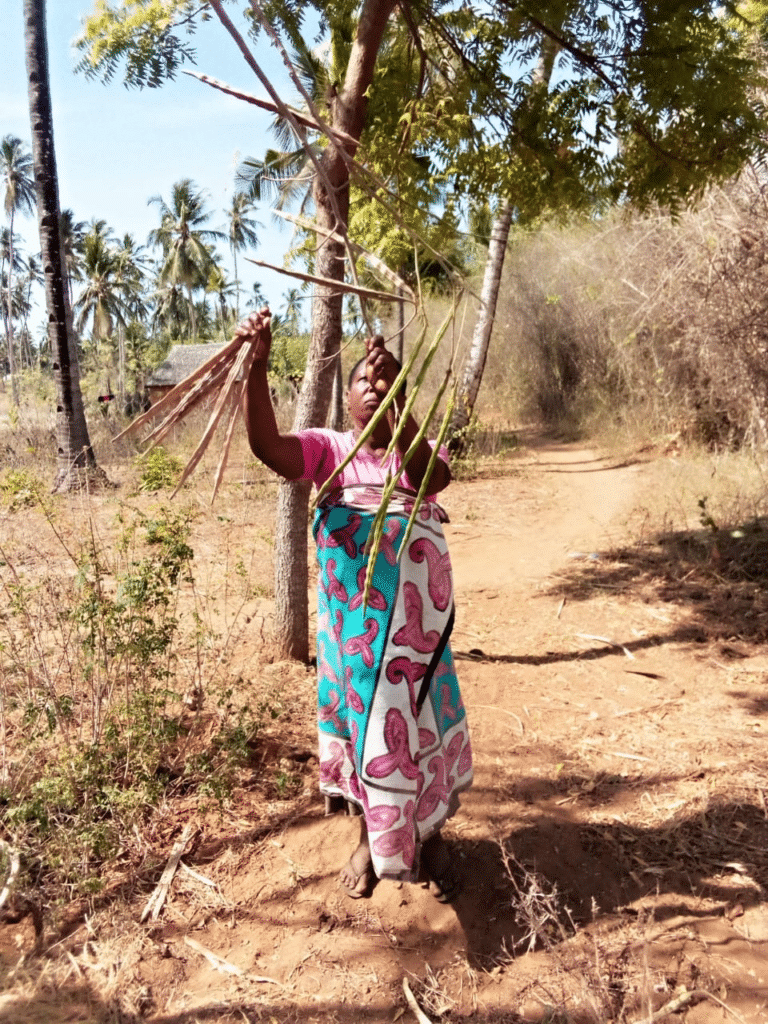
Q&A With Robin Tolkan-Doyle
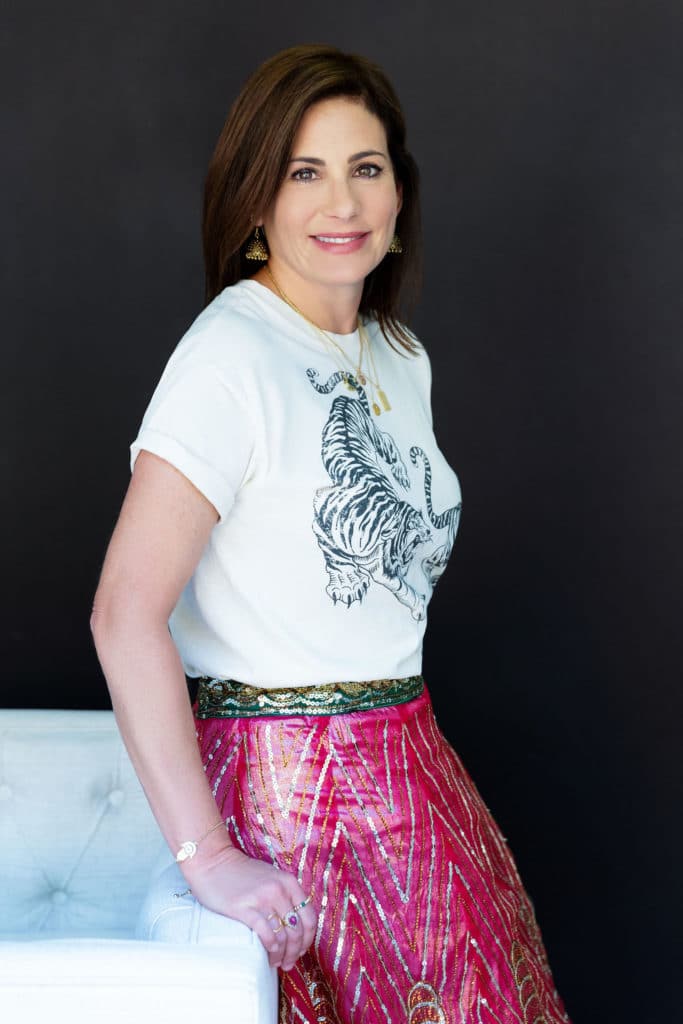
“I want Beautyologie to be the online destination for beauty consumers who care about the impact that their money makes when they spend it.”
Q: You’ve said you hope to “pop” the pandemic bubbles we’ve been living in over the past year. What do you mean by that?
A: During quarantine and all the time we spent staying at home during the pandemic, we were all pretty much secluded from one another’s daily lives. Sure, we were still technologically connected through social media and the news and our phones, but many of us were focused on the wellbeing of our immediate circle of friends and family. While everyone around the entire planet was being affected by the corona virus, it was hard to understand exactly how other people around the world were truly being affected by it.
At the very beginning of Covid, I was traveling in India and had to cut my trip short to come home to Los Angeles. Having the opportunity to experience another culture on the other side of the globe right when the world was actually shutting down was something I’ll never forget. I was born and raised in a middle class family in southern California. I was able to leave India and seek refuge back home. That wasn’t the case for the 100 million + poverty stricken residents of India.
Once I got home, I couldn’t stop thinking about how these people were going to survive this. I was constantly reading as much as I could about what was happening in India as well as other parts of the developing world. I started Beautyologie as a blog and began writing about communities being affected around the world. For instance, I wrote about a popular café in Northern India called Sheroes Hangout run by acid attack victims that I visited. It had to shut down because lack of foot traffic. The women who ran the café made a living with this café. Without it, they had no means of income. That then spurred other businesses around the world hurting from Corona to reach out to me to share their stories as well. A cooperative in the Andes of Peru actually emailed about their artisans who made a living off the handicrafts they created and sold to tourists visiting Machu Picchu. Because of Covid, there were no more travelers, which meant no more money. Covid was so bad that the artisans were all dying off. They were asking to spread the word about donations.
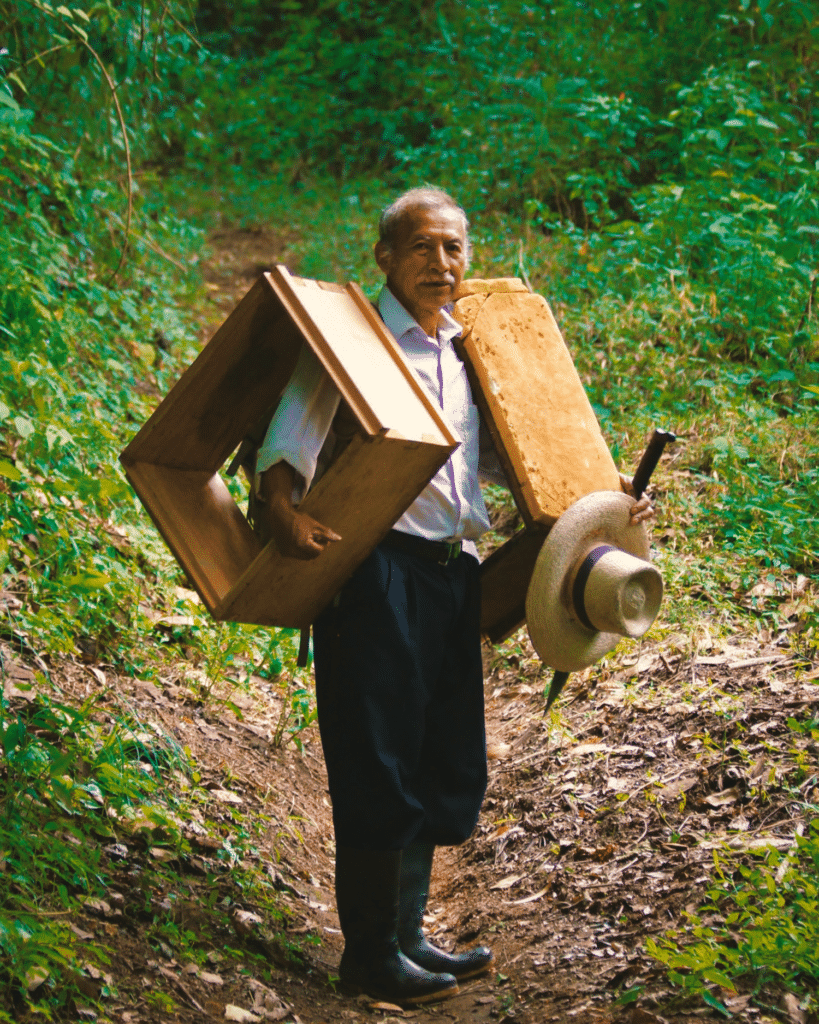
These stories affected me so much and I wanted to help but wasn’t sure how. Then it dawned on me. With my background in beauty, I realized there was no better way to uplift and empower the unseen people around the world actually responsible for so much of the beauty industry than by shining a light on them. My goal is making beauty consumers aware and understand how their financial choices can impact people outside of their bubbles.
Q: What is the essence of Beautyologie.com?
A: I felt like there was a disconnect between how beauty products are marketed to consumers and the truth about where they really come from, how the ingredients that go into them get sourced and more importantly, who the people are that are sourcing them.
I’ve worked in the beauty industry pretty much my entire career and witnessed the evolution of the clean beauty movement and how all the efforts being made to make sure products are sustainably formulated and packaged. The one piece of this puzzle that hasn’t received enough attention, in my opinion, is about the people around the world who help to make your skin cream and face serum possible in the first place.
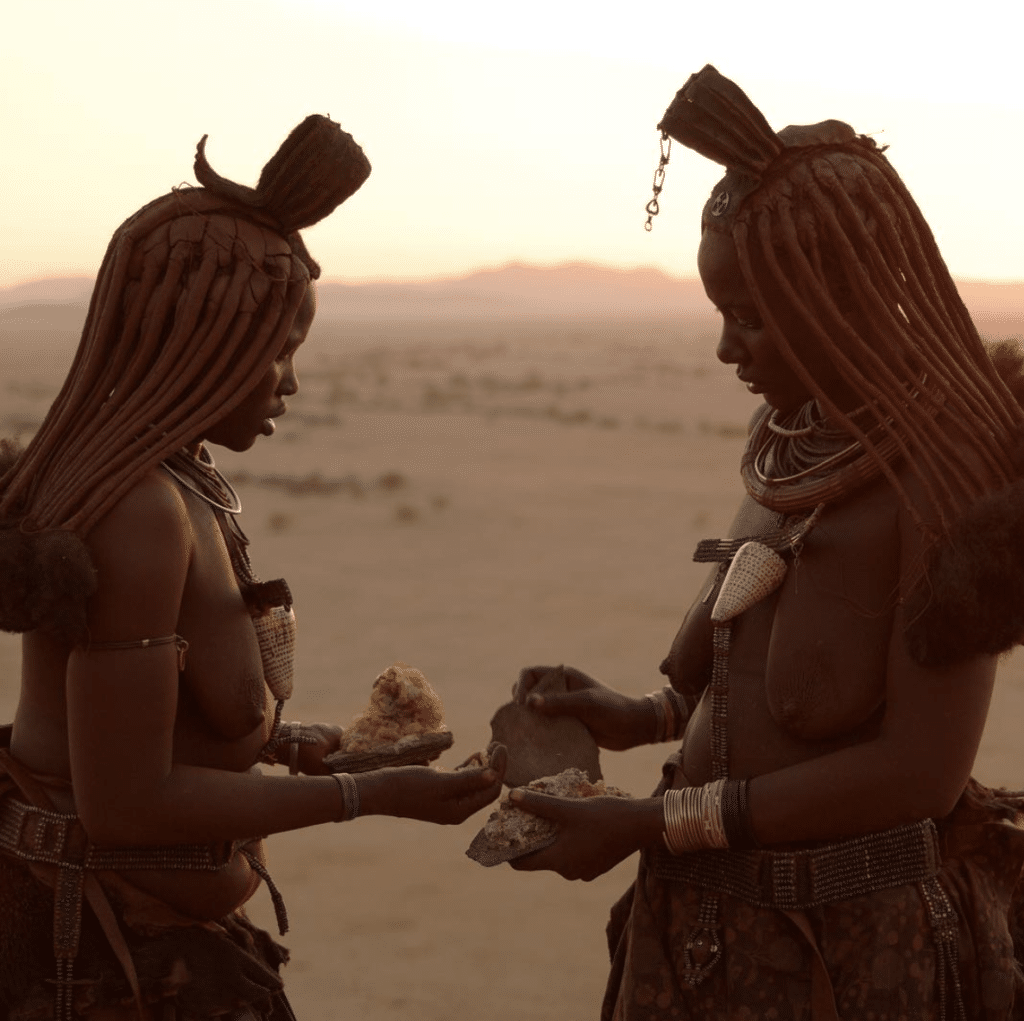
So much of beauty is based on agriculture and natural ingredients. South America, Africa, South Asia, all these continents hold indigenous resources that help make so many of the beauty products that we all use every day. As a beauty consumer myself, I started wondering more about the backstory of my favorite ingredients like shea butter and marula oil. I learned that these resources had rich, historical ties to the communities from where they come from, yet this information is not widely accessible to U.S. beauty consumers.
While there are brands out there focusing on this very thing by championing fair trade practices, formulating with fair trade certified ingredients or ethically sourced ingredients in a transparent supply chain, they’re stories aren’t getting the recognition they deserve because there are so many other beauty brands in this overcrowded marketplace with deeper pockets.
This eventually led me to Beautyologie.com, an e-commerce + content site dedicated to enlightening conscious beauty lovers about not just about how beauty products can make a difference on the surface of their skin, but also in the world that we all live in. All the brands that are sold on Beautyologie are either Fair Trade certified, formulated with fair trade certified or ethically sourced ingredients.
Q: Tell us how you choose the brands you work with.
A: Right now, Beautyologie has 20 brands in our marketplace (with more joining very soon). All of these brands come from various countries around the world that follow fair trade and ethical business practices. I have to hand it to social media because it was through Instagram that I initially found many of the brands that are on the site today. I just started researching fair trade beauty and ethical beauty brands and came upon some brands doing incredible work I would have never known about otherwise. Tierra & Lava, for example, is a botanical skincare brand based in Antigua, Guatemala that works with Mayan farmers in their region who grow and produce the ingredients they use in their serums, soaps, balms and deodorants. Arbor Mundi works directly with communities in Peru to ethically source ingredients like Buriti Oil and Palo Santo from the Amazon and Andes. Terres D’Afrique is an absolutely gorgeous, spa-grade luxury line out of South Africa that sources their ingredients directly from the Tonga community of Malawi, the Venda community of Limpopo and the Himba community of Namibia.
Brands have started reaching out to me to join the Beautyologie platform because they connect with its mission and have told me that this is the first e-tailer out there focusing on fair trade and ethical practices behind beauty, not just the clean, sustainable and eco-friendly pillars, which are a given when it comes to fair trade in the first place. If I can see that these brands are truly walking the walk and doing the wor they say they are, I welcome them to the platform. I want Beautyologie to be the online destination for beauty consumers who care about the impact that their money makes when they spend it.
Q: What are some natural ingredients you’ve discovered that you now can’t live without?
A: I’m addicted to shea butter. Ever since I was introduced to Shea Yeleen when it first launched and its founder Rahama Wright reached out to me to help her promote her products, I fell in love with the scent, the texture and the how well it works for everything! I also am a huge face and body oil person to the point that I could never use another lotion and I’d be fine. Marula, Argan and Blue Tansy oils are my top three right now. Although I recently got introduced to the Peruvian ingredients Buriti Oil for skin and Bataua Oil for hair and they’re unlike anything I’ve used before. Buriti (also called Aguaje oil) is reddish in color and has an almost smoky scent. It’s an incredible source of Vitamin A, a natural retinol alternative. Bataua Oil makes my hair incredibly shiny. Oh and Baobab from Ghana. It’s an amazing source of nutrients for the skin and gut.

